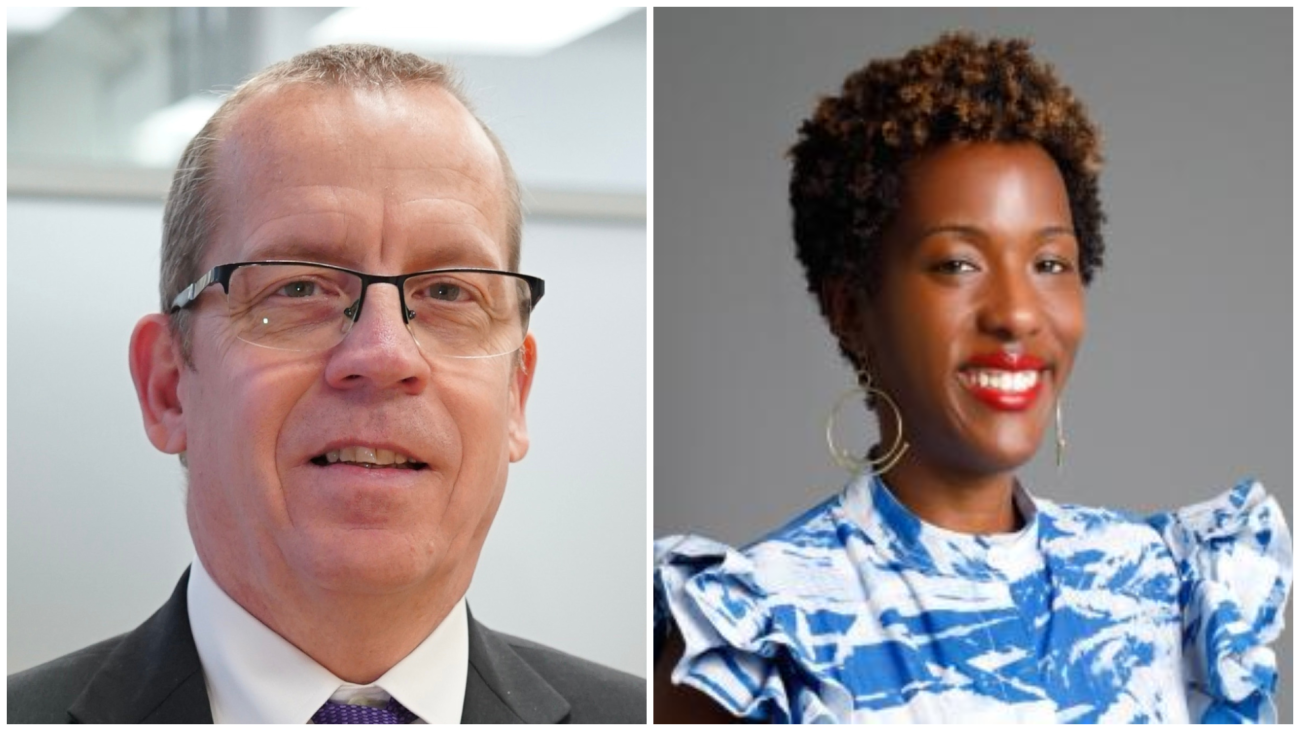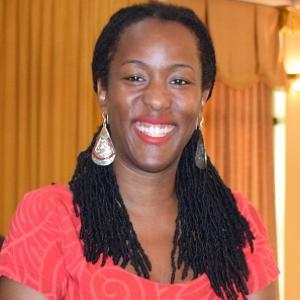While women and girls here in the Caribbean, and across the globe, have made some strides and progress towards a more just and equal world, there is still much work to be done.
Globally, 1 in 3 women are estimated to have experienced physical or sexual violence at least once in their lifetime, and UN Women-supported research conducted across 5 Caribbean countries found that an average of 46% of women have experienced at least 1 form of violence. Sadly, this number may even be higher due to under reporting – as many women and girls have resigned to suffer in silence.
The Caribbean region continues to witness high rates of gender-based violence (GBV) including intimate partner violence, sexual violence, including rape and sexual assault, and human trafficking. Many women and girls, also face harassment and exploitation, while simply seeking to go about their daily lives.
Violence against Women and Girls has been found to be related to higher levels of broader citizen’s insecurity and conflict.
We must urgently and collectively work to create safe spaces for women and eliminate violence from their lives.
The Role of the 16 Days of Activism Campaign
The global 16 Days of Activism Against GBV Campaign seeks to mobilize individuals, governments, and organizations to raise awareness about violence against women and to demand accountability.
As the Caribbean joins the global community under the theme “#PushForward: Invest to End Violence Against Women and Girls”, we urge governments, businesses, and communities to commit to long-term investment, both financial and social, in addressing and eradicating violence against women and girls (VAWG) across the region. Real change requires a long-term commitment to strengthening legal frameworks, improving support systems for survivors, and transforming societal attitudes towards gender equality, to break the cycle of violence and build a future where women and girls can thrive free from harm.
The Link to Beijing +30
This year’s theme is intrinsically linked to the ongoing goals of the Beijing Declaration and Platform for Action (1995). Marking its 30th year, the Beijing +30 agenda highlights the urgent need to address the persistent gaps in gender equality, emphasizing the importance of ending VAW, as one of the key priorities for action. Thirty years ago, Barbados’ delegation was led by Dame Nita Barrow, and contributed to an international standard and guideline like no other.
The Beijing Platform for Action recognizes that violence against women cannot be eradicated without breaking down societal barriers and addressing the root causes of inequality, and more so that men and boys must be part of the solution. Engaging men as allies in the fight to end violence is critical to challenging entrenched patriarchal norms.
As the world reflects on Beijing +30, and evaluates progress post its adoption in 1995, this serves as an important moment for the Caribbean to take stock.
Despite various commitments and significant progress, the region still faces significant challenges in achieving the goals set out in Beijing. Persistent gender disparities, combined with data scarcity and entrenched cultural and societal norms, make it difficult to assess inequalities. Moreso, while many countries have enacted laws to protect women from violence, many are viewed as weak and or poorly enforced, leading to a culture of impunity for perpetrators. Additionally, gaps in implementation, victim support services, and access to justice continue to hinder effective action.
One major area of progress is the growing recognition that GBV is a human rights violation. In Barbados, Jamaica, and Trinidad and Tobago, new laws have been introduced to address domestic violence, sexual harassment, and human trafficking, and various regional organizations, including the Caribbean Community (CARICOM), have made commitments to promote gender equality and address GBV.
UNITE! Call to Action to Achieve Change
Ending violence requires broad, inclusive action from all sectors of society: governments, law enforcement, civil society, and the private sector. It requires changes in laws and policies, but also in the hearts and minds of individuals.
The region must continue to unite to ensure that the commitments made in Beijing are fully realized.
Only through sustained, collective efforts can the region move toward a future where women and girls are free from violence and able to live in dignity and safety.
We need equality now, if we are to halt the reversal of gains, and accelerate the pace of progress towards more inclusive, peaceful, and prosperous societies.
......................................................
This Op-Ed was first published by UN Barbados and the Eastern Caribbean.






